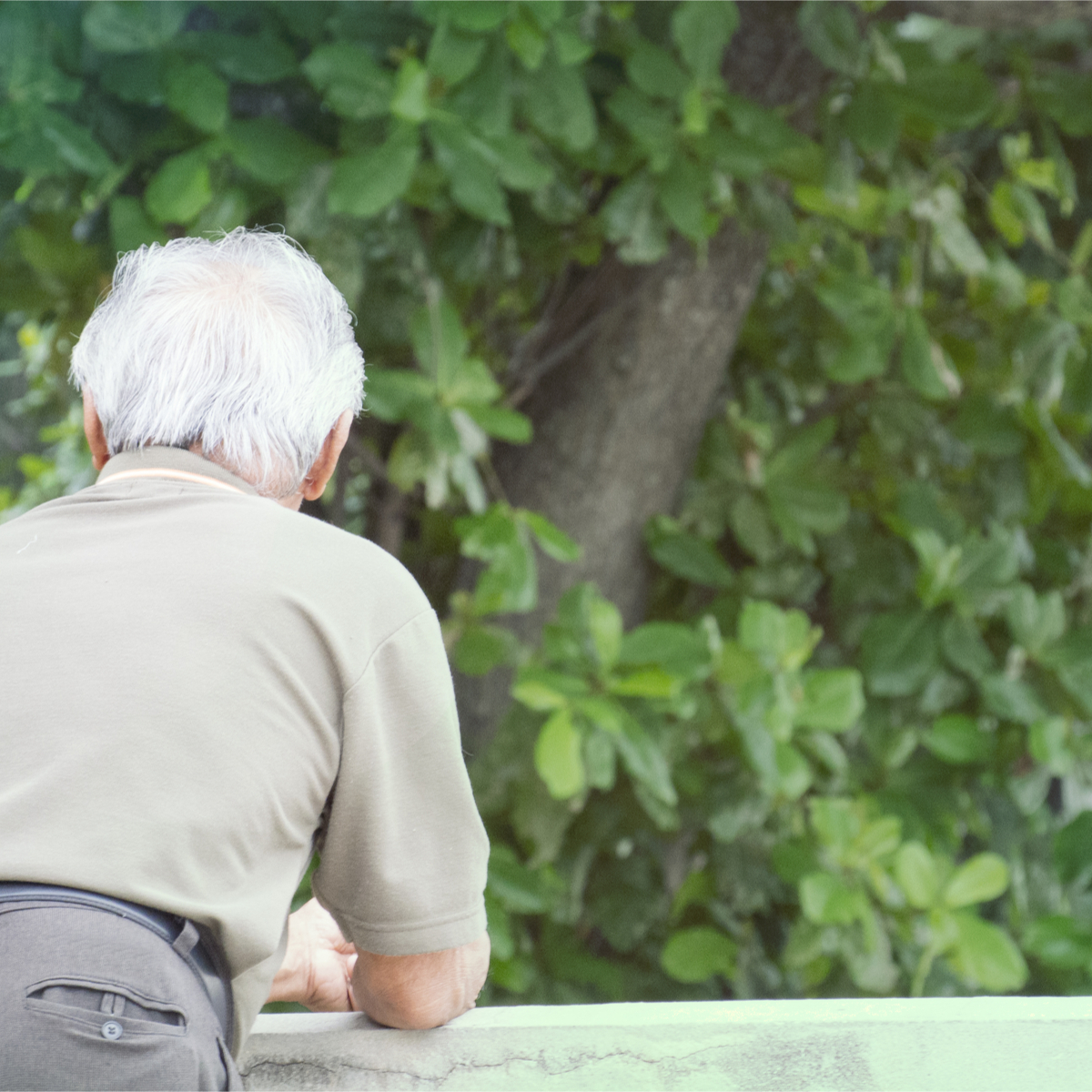All the Lonely People

Even in a time when we have instant messaging and social media, research indicates that we are lonelier than we have been before. For older adults this situation may be more difficult than for other age groups.
For older adults who grew up in an era without air conditioning, television, and automatic garage doors, face-to-face interactions were more common. They report visiting with neighbors during summer evenings when it was too hot to remain indoors. They exchanged greetings when arriving home from a day’s work or another event. So for aging Americans, loneliness and social isolation may interfere with their sense of well-being as well as their physical health.
A recent study of adults over the age of 45 revealed that over one-third categorized themselves as lonely. Lonely respondents were more likely to be socially isolated and rarely involved in activities in the community such as religious activities, spending time on hobbies, or participating in the community.
Loneliness increased the risk of premature death by 14% according to research conducted by psychologist, John Cacioppo. The negative consequences of loneliness on health include disrupted sleep, high blood pressure, elevated levels of cortisol, increased levels of depression, and lower overall feeling of well-being.
Many think of loneliness as being by oneself, however the research indicates that loneliness is a subjective feeling, not always related to being alone or isolated. In one study, two-thirds of older adults who reported being lonely were living with a spouse or another type of partner. Loneliness doesn’t depend only on the number of social connections, but on the satisfaction with the social connections the person has.
For both older men and women, loneliness coupled with physical and emotional problems leads to depression. Depression in older adults is more likely to be associated with circumstances such as poor health, death of a spouse, family members, or friends, while genetics plays a more significant role in younger individuals experiencing depression.
Suggestions for older adults who experience loneliness include inviting others to have coffee, finding ways to interact in public situations such as talking with others in a doctor’s office, getting involved in community events, putting things on your calendar so they have something to look forward to, or helping another person. For caregivers of older adults who may be lonely, listen, observe and encourage them to tell you more; let them teach you something they are passionate about, and allow them to share stories with others from a different generation.
It is important to realize that loneliness can affect anyone at any age. Finding ways to combat loneliness can lead not only to a happier life, but a healthier one.
Reference:
Anderson,G. Loneliness Among Older Adults: A national study of adults 45+. Retrieved 7/8/15: http://www/aarp.org/research/topics/life/info-2014/loneliness_2010
Botek, A.M. The Elder Loneliness Epidemic in Aging Care.com. Retrieved 7/8/15 http://www.agingcare.com/Articles/loneliness-in-the-elderly
Cacioppo, J. AAAS2014: Loneliness is a Major Health Risk for Older Adults. Retrieved 7/8/15: http://news.uchicago.edu/print/article/2014/02/16/aaas-2014-loneliness
Loneliness in Older People. Retrieved 7/8/15: http://www.nhs.uk/livewell/women60-plus/pages/loneliness
Sinh, A. and Misra, M. Loneliness, Depression, and Sociability in old age.
Tags: loneliness leads to depression, Lonliness for the older adultsABOUT THE AUTHOR
LATEST ARTICLES BY admin
Subscribe today
Sign up to receive the latest mental health tips and inspiration